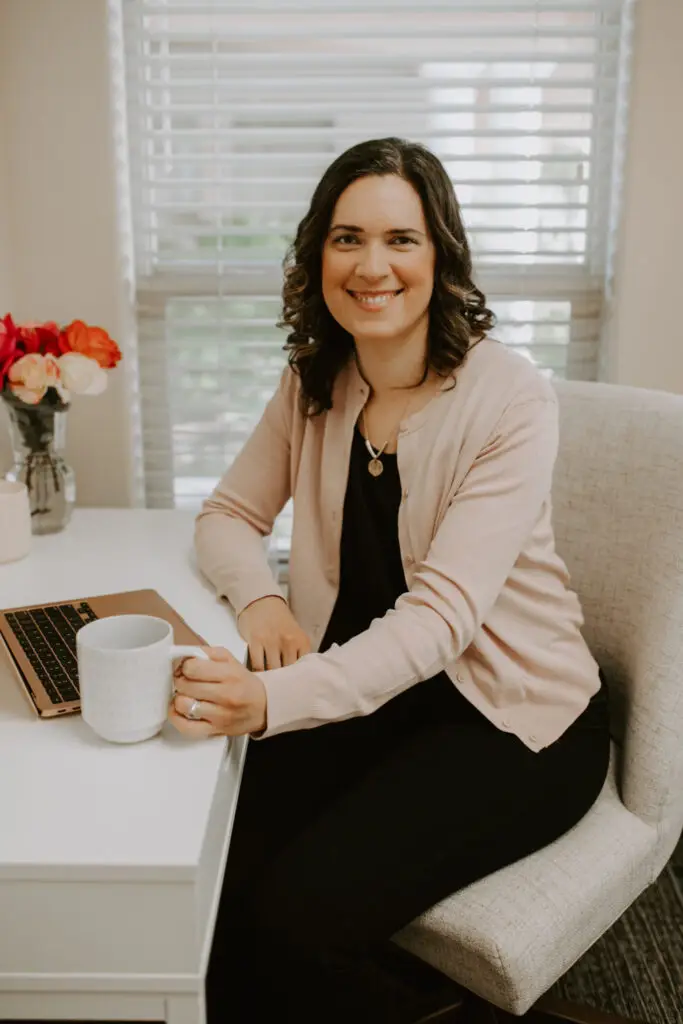
Applications now Open!
What if your child’s hardest moments weren’t something to fix, but something you could finally interpret?
The SIGNAL Parenting™ Program is an 8-week, guided experience for parents ready to stop reacting to behavior and start understanding what’s underneath it. You’ll learn to decode your child’s nervous system, respond with connection instead of control, and foster more regulation, confidence, and growth.
🗓 Apply by November 9th
🚀 Program starts December 2nd
Limited small-group spots available for families ready to follow the signal, and change their story.








Love this one on internal self cAre. Came at the perfect time